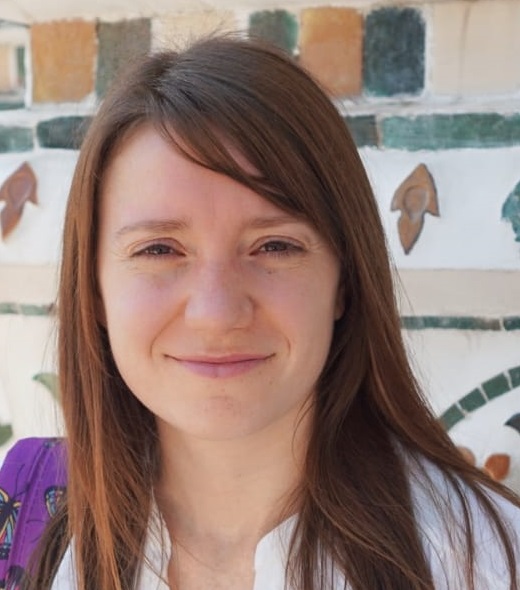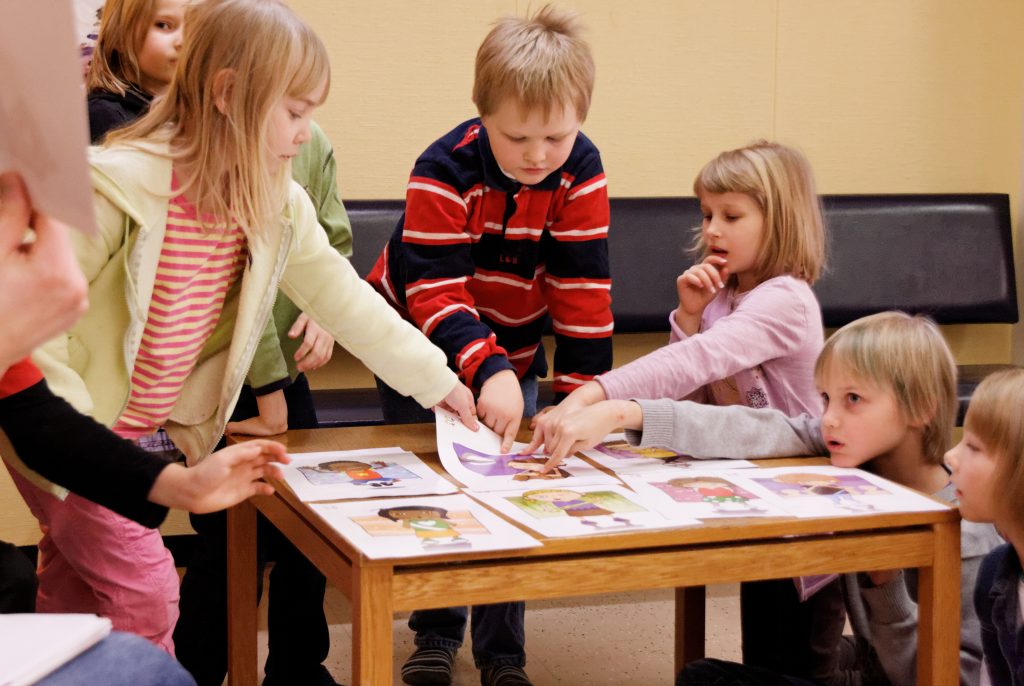Why bullying prevention in school matters.
Wednesday 20th March 2024 – 9.00am to 3.00pm.
Attend in person at Bangor University or Online – (limited number of FREE tickets)
Keynote speakers include:
Professor Christina Salmivalli (KiVa – University of Turku)

Christina Salmivalli is a professor of psychology at the University of Turku, Finland. She has done research on school bullying and its evidence-based prevention for three decades. Her team developed the KiVa® antibullying program, which is implemented in large scale in Finland and in 20 other countries. Salmivalli has published widely on children’s peer relations and bullying in top-tier scientific journals.
Professor Lucy Bowes (University of Oxford)

Lucy Bowes is Professor of Developmental Psychopathology at the University of Oxford, and Principal Investigator of the oRANGE lab (Oxford risk and resilience, genes and environment). Lucy’s research focuses on the impact of early life stress and adverse experiences on psychological and behavioural development. Her research integrates methods from social epidemiology, behavioural genetics and developmental psychology in order to understand the processes that influence children’s responses to adversity.
I like doing KiVa because it bonds us as a class
School pupil, North Wales.
Conference speakers include:

Huw Eifion Evans – Health and Wellbeing Development Officer, Conwy Education Services
Huw’s background is in physical health and wellbeing, having worked extensively to assist schools in enhancing their provision of physical activity and sports for a number of years. In recent years, he has broadened his expertise in health and wellbeing, presently pursuing a master’s program at Bangor University’s Academy for Health Equity, Prevention, and Wellbeing.

Dr Margiad Williams is Co-Director of the Centre for Evidence Based Early Intervention (CEBEI) at Bangor University.
She is an experienced triallist having worked on, and managed, a number of pragmatic randomised controlled trials of parent and school-based interventions. Many of these trials are on the coalface working directly with services and service users (parents, teachers).

Dr Holly Whiteley is a Health Economics Research Officer within the Public Health and Prevention Economics Research Group (PHERG) at the Centre for Health Economics and Medicines Evaluation (CHEME), Bangor University.
Holly has a keen interest and experience in evaluating school-based early year interventions that promote health and well-being throughout the life course.

Ysgol Glancegin is a primary school in Bangor and a caring community that incorporates the principles of its motto ‘Nurture, inspire, thrive’. The school has been delivering the KiVa programme for twelve years, and we are delighted to welcome staff and some of the pupils to talk about long-term implementation, and how the programme has been embedded within the school’s curriculum and ethos.
Ysgol gynradd ym Mangor yw Ysgol Glancegin, a chymuned ofalgar sy’n ymgorffori egwyddorion ei harwyddair ‘Meithrin, ysbrydoli, ffynnu’. Mae’r ysgol wedi bod yn danfon rhaglen KiVa ers deuddeg mlynedd, ac rydym yn falch iawn o groesawu staff a rhai o’r disgyblion i siarad am weithrediad hirdymor, a sut mae’r rhaglen wedi’i gwreiddio o fewn cwricwlwm ac ethos yr ysgol.

Jess Lothian is a Master’s by Research student at Bangor University. Her interests lie in developmental psychology with a specific interest in child and adolescent educational and mental health outcomes. Currently, she is in the process of writing up her thesis.
Abstract: A Pilot Study Exploring the Feasibility and Transportability of the KiVa Anti-bullying Programme in Welsh Secondary Schools.
Bullying is a global issue among children and adolescents, which is pervasive within school environments. KiVa is an evidence-based, whole-school anti-bullying programme, which was first developed and evaluated in Turku University, Finland, before being rolled out across all Finnish comprehensive schools. In more recent years, positive trial results were found when the programme was adapted and evaluated for use in UK primary schools (in populations aged 7- to 10-years-old). However, to date, KiVa has not been researched in UK secondary schools (in populations aged 11- to 16-years olds). Due to differences between Finnish and UK education systems, the current pilot study aimed to establish feasibility and transportability of the KiVa programme to the UK secondary school setting.
This study presents perceptions of KiVa from the perspective of a local KiVa coordinator and teachers (n= 15), who were directly involved in the delivery and/or maintenance of the KiVa programme, in six secondary schools across North Wales. Interviews explored how schools had implemented KiVa and its different components, adaptations, and challenges. Thematic analysis of interview transcripts revealed 10 main themes: Introduction of KiVa to Conwy; rationale for implementing KiVa; reflections on training; launching KiVa; delivering lessons; universal actions; indicated actions; positive outcomes of KiVa Implementation; barriers and facilitators; gaps and improvements.
These findings could be used to inform decisions regarding whether it is appropriate to implement KiVa across UK secondary schools, before investing valuable resources into large scale implementation within this population.
You can attend in person at Bangor University, or online and there is a limited number of FREE tickets. Lunch will be provided for delegates attending in person.
Attend the conference in person (lunch is included)
Attend the conference online

Let’s stop bullying, Together!



